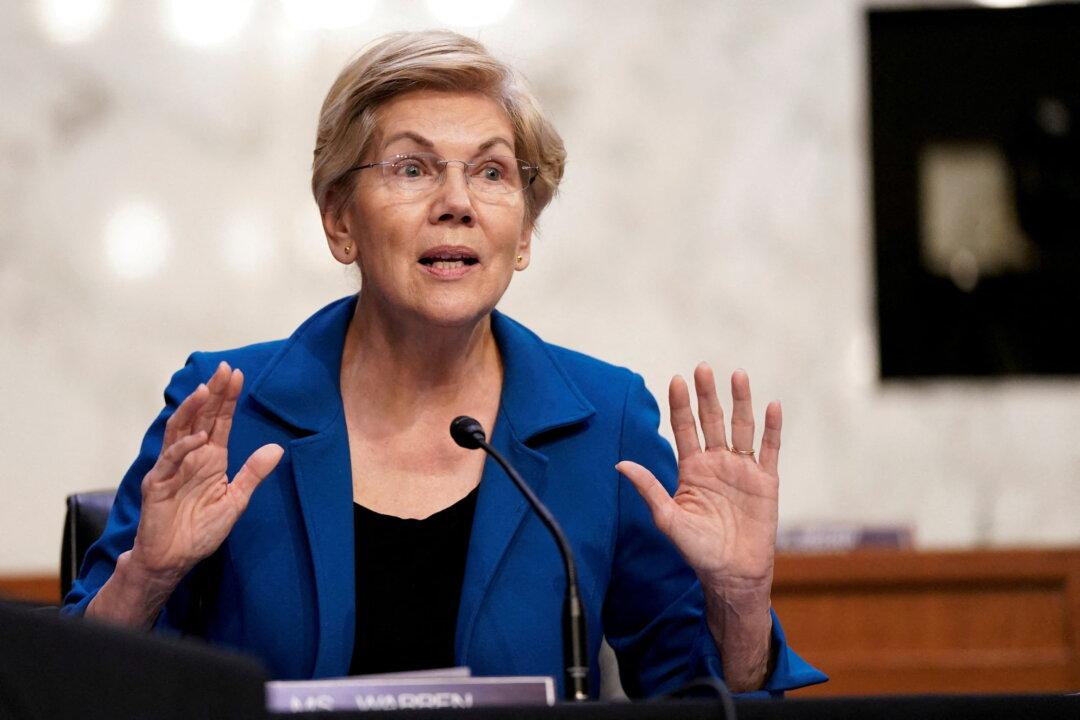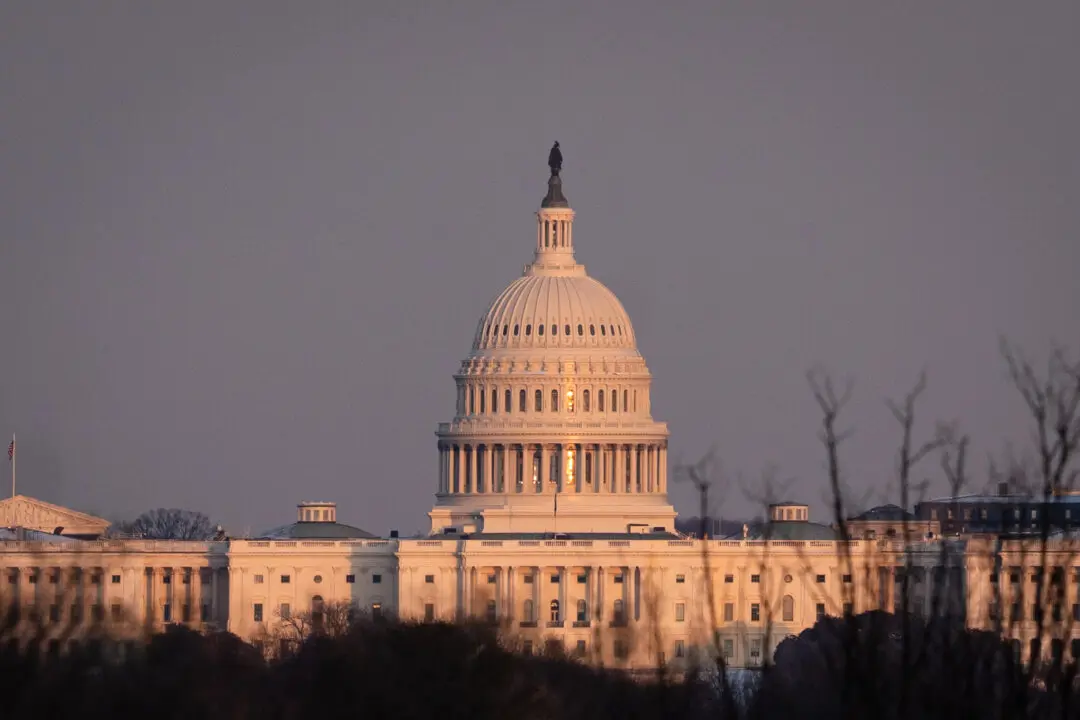In a letter to Federal Reserve chair Jerome Powell, a group of lawmakers urged the central bank to stop raising interest rates to avoid additional damage to the U.S. economy.
Ten senators and representatives, led by Sen. Elizabeth Warren (D-Mass.) and Rep. Pramila Jayapal (D-Wash.), expressed concern about the Fed’s current monetary-policy initiatives and how these tightening efforts could engineer a recession.





